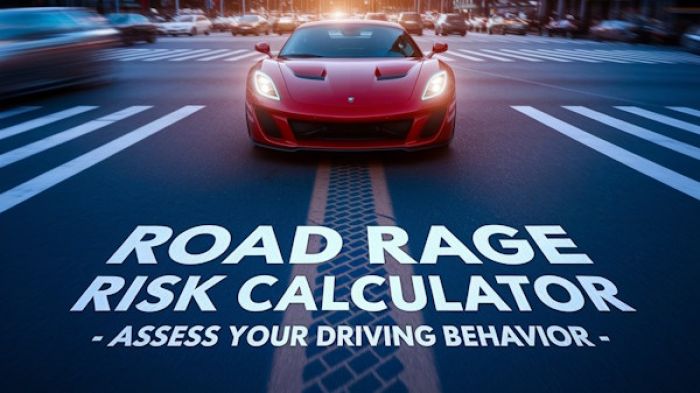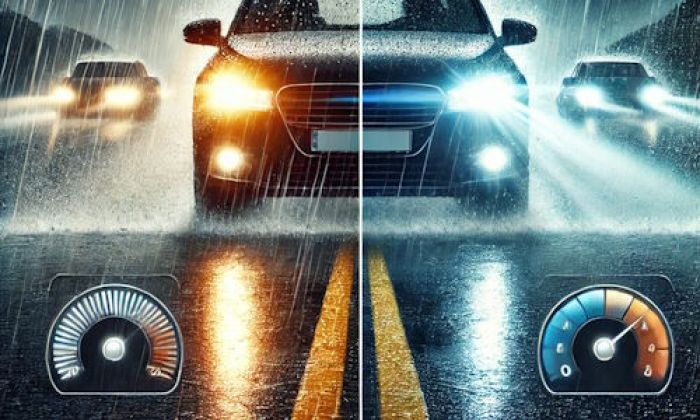Honda Civic still remains one of the most popular compact cars on the market. The model has been fighting for this status for eleven generations now. It became extremely popular in the US in the mid-1980s and was selling over 200,000 or sometimes even over 300,000 vehicles a year. In 2022, its sales dropped to 130,000 vehicles a year due to an overall crisis in the niche of compact cars.
Today, I want to tell you about one of the legendary engines in this model. I will tell you more about the 1.8L i-VTEC R18A1 engine in the Honda Civic covering its durability, quality, and overall emotions of owning the Civic powered with it.
.jpg)
Key features and my opinion about the engine
- Production years:2005-2017
- Average lifespan of R18:180,000-200,000
- Fuel supply type:port injection
- Power range:138-143 hp
- Fuel efficiency:good
- Engine block material:aluminum
- Engine reliability score:medium
- The most common problems:catalytic converter and oxygen sensors are weak, drive belt tensioner problems, engine mounts aren't durable, no lifters.
What should you know about Civic's 1.8 i-VTEC engine?
First of all, I should say that there were two versions of this engine. In the eighth generation Civic (2005-2012) the company used the R18A1 engine and in the ninth generation the modified R18Z1 appeared. They are more or less the same with only some modifications and changes in their technologies.
Both engines have the i-VTEC technology, so they both can be viewed today in this article. I should tell you that the engines are almost identical, so I will tell you about their specs and features as if this is just the same engine. Eventually, they even have the same common issues to mention.
Here are some key facts about the 1.8 i-VTEC engine in the Civic:
- this is the 1.8-liter 4-cylinder gasoline engine without any turbochargers offering 141 hp of power and 128 lb-ft of torque;
- not sure about the eighth generation, but the ninth-gen Civic 1.8 i-VTEC came with a good 5-speed automatic transmission;
- the engine is all-aluminum, its timing system is powered by the chain, and it offers simple and easy-to-maintain port injection;
- the i-VTEC system allows the engine to adjust the timing of valves in accordance with the driving style and road conditions;
- the engine doesn't have hydraulic lifters, so you will need to sometimes pay for valve adjustment;
- Honda used piston cooling jets in these engines - before that, the technology was only used in high-performance powerplants;
- with an average rating of 36 MPG (combined), this is one of the most economical non-hybrid vehicles on the market.
The engine doesn't seem to be bad at all. It's fitted with many ultra-modern technologies that help you save fuel and reduce emissions and the engine was many times praised for this. Also, the proper fuel economy will help you reduce your overall costs for owning this engine.
So, this is a lightweight and highly technological engine, as for its epoch, and it remains modern even now after Honda discontinued the series. If you are hunting for a used Civic and want to get exactly the 1.8L version, this is a good choice unless you want to buy a car with a huge mileage on it.
How many miles and years will the 1.8 i-VTEC survive?
This engine will certainly live a lot of miles. I suppose 200,000 miles should be the average lifespan of the engine. Many drivers will be able to take it much further though. I know a guy who already sees 350,000 miles on the odometer of his Civic with the 1.8 i-VTEC engine and 5-speed automatic transmission. He doesn't seem to think about changing his vehicle yet.
But still, the engine has several serious problems and is quite tender when it comes to quality of service, repair, and maintenance. Many drivers will kill this engine earlier than it hits the 200K-mile mark and so, this is the average estimated durability I can come up with.
When it comes to the 5-speed automatic transmission, there is nothing to say about it. You will have to repair this transmission at about 150,000 miles and invest up to $1000 in it to let it work another 100,000 miles or so. The transmission is not bad at all.
Of course, bad maintenance, irregular oil change, and problems with the quality of fluids and parts can kill your engine much faster than you think.
What are the common problems with the 1.8 i-VTEC engine in the Civic?
When it comes to common problems, I should note that this engine has a lot of them. It's always better to know about them and to know what to do with these problems once they show up. It's especially important for those who buy a used Civic with some miles on it. In this car, the major problems will show up in certain mileage and you can even predict them.
Let's see what exactly can go wrong with the 1.8 i-VTEC engine in the Honda Civic:
1. Catalytic converter and oxygen sensors problems
The quality of fuel is extremely important. Bad fuel doesn't burn well and some of its remains get to the exhaust system. Then, this fuel is inflated in the catalytic converter, and this part overheats. It may quickly kill oxygen sensors and the cat converter will start ruining much faster than it should.
The problem is serious because replacing catalytic converters in this engine is not really cheap. Also, oxygen sensors will cost quite a lot. You aren't likely to be glad to invest this money in a 10-year-old car.
2. Engine mounts don't live long
Although it may not seem like a major problem, engine mounts may go bad very unexpectedly and show a lot of different symptoms. It's always hard to locate the problem and you may think that the engine is worn out completely or something more serious happened with it.
Professional mechanics will help you locate the problem with engine mounts because they just know that these engines commonly have this issue. But there is a whole bunch of different symptoms that can tell you about the engine mount problem.
3. Valve adjustment once every 30,000 miles
The engine doesn't have hydraulic lifters, so you will need to pay for valve adjustment every 30,000 miles or so. It doesn't seem to be a big problem but if you don't know about it, the engine may gradually become impossible to drive. It will lose its performance, develop issues with power and acceleration, and even stall sometimes.
Of course, valve adjustment is not the most expensive and unpleasant procedure for the vehicle, but still, you will need to remember this issue and pay for it quite regularly.
4. Drive belt problems
The core of this problem is the tensioner of the drive belt. The tensioner's pulley starts making some sounds after about 40,000 miles and these sounds gradually become worse. If you don't notice this, the belt may just break on one bad day.
Well, nothing bad happens when the belt breaks but you can't drive the car for more than 1-2 hours after that because the alternator isn't charging the battery, and the battery will be completely drained very soon.
5. Timing chain and i-VTEC problems
The timing chain is going to live quite long. But if you want to drive your car more than 200,000 miles, you should replace the chain every 150,000 miles. Not just the chain, but the entire chain kit. This will save your engine from the jumped chain and changed timing that can easily lead to issues like bent valves or the engine that is impossible to start.
Also, if you use inappropriate oil, you may be sure that the i-VTEC (valve timing control) system will malfunction. This may cause oil leaks, harsh engine work, loss of performance, bad gas mileage, etc.
How can you prolong the life of the 1.8 i-VTEC engine?
There are several things you can do to drive your Civic with the R18A1 engine more miles and be happy with the performance it offers:
- only use Honda OEM engine oil to avoid any issues with the quality and viscosity of the lubricant;
- never ignore any warning lights or error messages - they indicate that the engine may need urgent support;
- when the engine vibrates or something is knocking under the hood, check the engine mounts on the left side;
- regularly check the oil level and add the oil if needed;
- avoid aggressive driving - you can drive the Civic actively but don't abuse the vehicle, any kind of abuse will largely reduce the lifespan.
Final thoughts
The quality of maintenance and careful driving are the two factors that decide how many miles you will drive your Honda Civic powered by the 1.8 i-VTEC engine. This is one of the best engines in the Honda engine family in terms of gas mileage, comfort of driving, quality of technologies, and number of possible issues.
It will not let you down unless you pay no attention to the engine and its needs. You can even buy the Civic with quite a lot of miles on it if it has been serviced well and still drive for many years without any serious problems.
About the authors
The CarAraC research team is composed of seasoned auto mechanics and automotive industry professionals, including individuals with advanced degrees and certifications in their field. Our team members boast prestigious credentials, reflecting their extensive knowledge and skills. These qualifications include: IMI: Institute of the Motor Industry, ASE-Certified Master Automobile Technicians; Coventry University, Graduate of MA in Automotive Journalism; Politecnico di Torino, Italy, MS Automotive Engineering; Ss. Cyril and Methodius University in Skopje, Mechanical University in Skopje; TOC Automotive College; DHA Suffa University, Department of Mechanical Engineering






Add comment